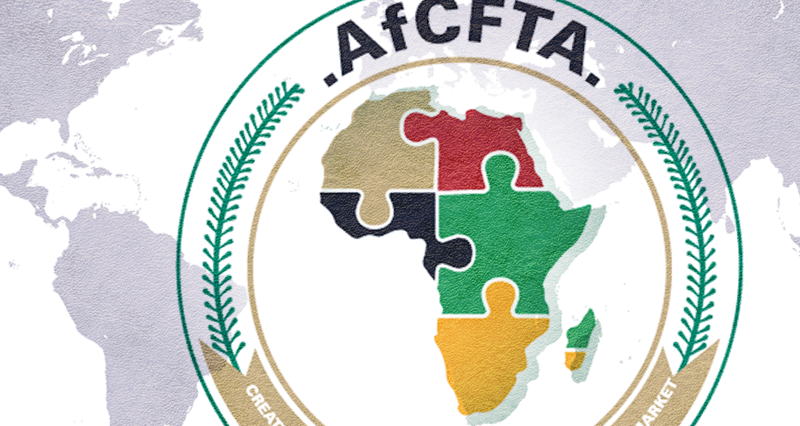Business owners have been urged to embrace e-commerce in order to optimally harness the African Continental Free Trade Area, AfCFTA.
The President of the Lagos Chamber of Commerce and Industry, Asiwaju Michael Olawale-Cole, disclosed this in Lagos during a masterclass workshop with the theme “Operationalizing the AFCFTA Agreement for Nigerian Business through E-commerce Channel”.
Olawale-Cole noted that AfCFTA seeks to create the largest free trade area in the world, by connecting over 1.3 billion people across 55 countries with a combined gross domestic product (GDP) valued at $3.4 trillion.
“It has the potential to lift 30 million people out of extreme poverty, but achieving its full potential will depend on putting in place significant policy reforms and trade facilitation measures. No doubt, one of the measures is e-commerce.
- Tinubu’s economic reforms, diplomatic alliances to attract investments to Nigeria – Shettima
- UDUS affiliate FCE Zaria graduates decry non issuance of results 2 years after completion
“E-commerce is expanding rapidly in Africa, presenting an important opportunity for accessing untapped regional, continental and global markets, creating jobs and improving living standards,” he added.
During the workshop, Faithma Bello from the Guided Trade Initiative discussed operational instruments like digital payments and simplified trade rules, while Uju Uzoginkaka, CEO of Traders of Africa, shared insights on Pan African Hub for trade, underscoring practical training and confidence-building.
The workshop emphasized e-commerce’s importance in AfCFTA’s journey, fostering collaboration among stakeholders to maximise its benefits.
Meanwhile, the MD/CEO Bank of Industry (BOI), Mr Olukayode Pitan, has urged policymakers to invest in financial education programmes, including boot camps and digital hackathons to better match innovative start-ups with potential investors, promote awareness and understanding of alternative financing options.
Pitan who spoke at the 4th Annual MSME & Start-up Summit organised by The Economic Forum Series, said financial literacy gap is a major challenge plaguing MSMEs and start-ups in Nigeria.
He noted that the gap not only hinders individual financial well-being but also poses a broader threat to the country’s economic growth and stability as MSMEs contribute 10–15% of manufacturing output, 46.31% of GDP and 6.21% to exports to the Nigerian economy.
The MD/CEO, Funds & Electronic Transfer Solutions (FETS), Omotade Odunowo, added that education and awareness are critical in order to properly mitigate challenges of financial inclusion.
“Education and collaboration need to happen between the private sector and the government to find a way to educate the populace on the need for financial inclusion, how to go about it and how to mitigate any factor that can hinder them from getting results,” she said.

 Join Daily Trust WhatsApp Community For Quick Access To News and Happenings Around You.
Join Daily Trust WhatsApp Community For Quick Access To News and Happenings Around You.



